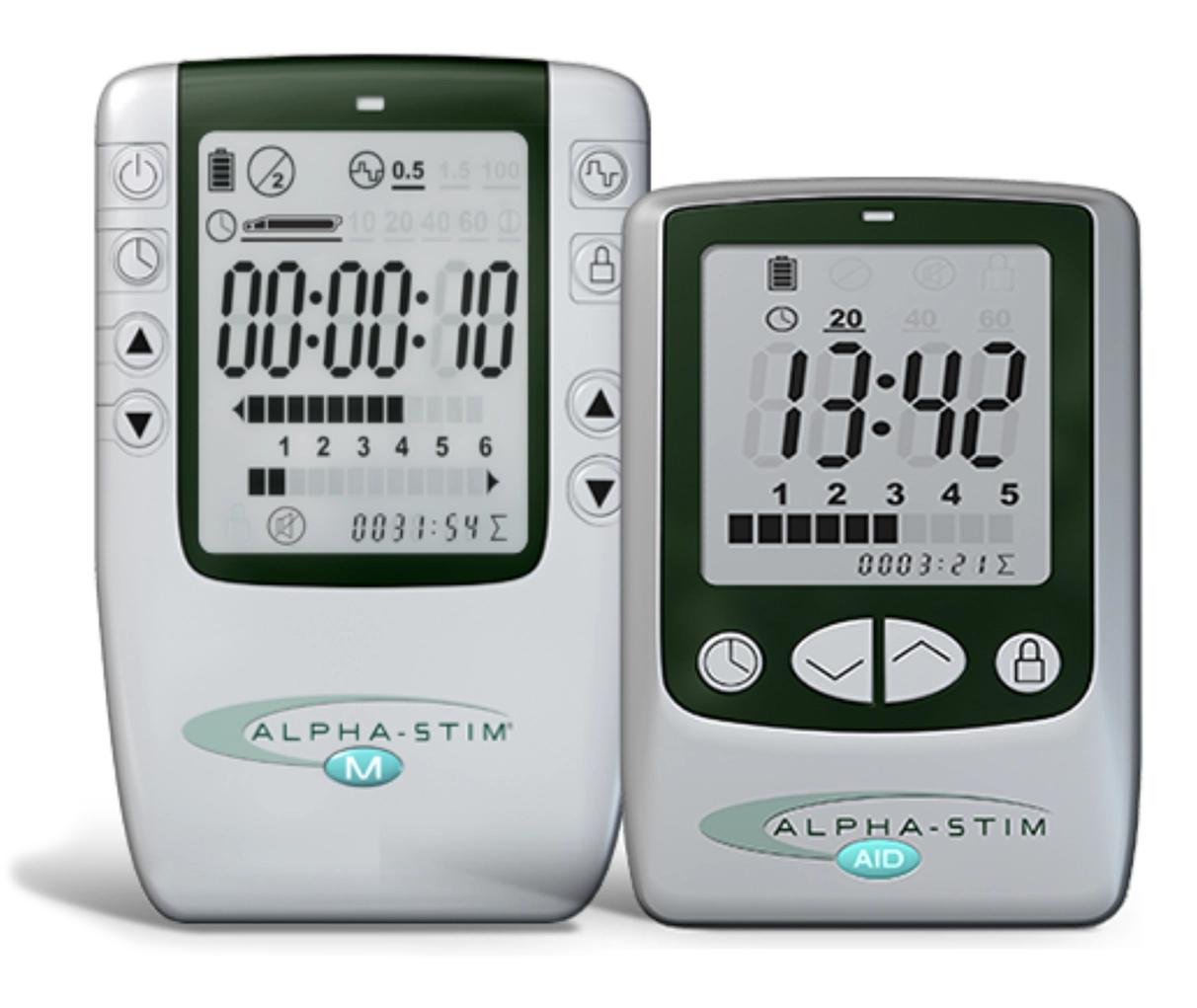
PTSD can develop after exposure to a potentially traumatic event that is beyond a typical stressor. Events that may lead to PTSD include, but are not limited to, violent personal assaults, natural or human-caused disasters, accidents, combat, and other forms of violence. Exposure to events like these is common.
About one-half of all U.S. adults will experience at least one traumatic event in their lives, but most do not develop PTSD. People who experience PTSD may have persistent, frightening thoughts and memories of the event(s), experience sleep problems, feel detached or numb or may be easily startled. In severe forms, PTSD can significantly impair a person’s ability to function at work, at home, and socially.
To be diagnosed with PTSD, an adult must have all of the following for at least 1 month:
Symptoms of PTSD usually begin within 3 months of the traumatic event, but they sometimes emerge later. To meet the criteria for PTSD, a person must have symptoms for longer than 1 month, and the symptoms must be severe enough to interfere with aspects of daily life, such as relationships or work. The symptoms also must be unrelated to medication, substance use, or other illness.
The course of the disorder varies. Some people recover within 6 months, while others have symptoms that last for 1 year or longer. People with PTSD often have co-occurring conditions, such as depression, substance use, or one or more anxiety disorders.
After a dangerous event, it is natural to have some symptoms. For example, some people may feel detached from the experience, as though they are observing things rather than experiencing them. A mental health professional who has experience helping people with PTSD, such as a psychiatrist, psychologist, or clinical social worker, can determine whether symptoms meet the criteria for PTSD.
Reference: Kubzansky L.D., Koenen, K.C. et al. Prospective Study of Posttraumatic Stress Disorder Symptoms and Coronary Heart Disease in the Normative Aging Study. Arch Gen Psychiatry. 2007;64:109-116.

Claims that heart attacks may be caused by PTSD (Post Traumatic Stress Disorder) have been rejected by courts and governmental review panels because of the lack of scientific support. However, that may change as a result of a published report on almost 2,000 male veterans participating in a continuing study that began in 1986. Average age at the start of the study was 62 at which time none had a history of pre-existing heart problems. All subjects received periodic medical examinations as well as evaluation for symptoms of PTSD. During the 10-16 years of follow-up, 255 participants developed either fatal or non-fatal coronary events or anginal symptoms. Researchers reported that the number and severity of PTSD symptoms were significantly associated with deaths due to coronary heart disease as well as non-fatal heart attacks. The link with angina was not as strong.
These relationships persisted even when confounding influences such as depression, smoking, family history of heart disease, cholesterol levels and alcohol consumption were taken into consideration. Although the mechanism of action is not clear, PTSD is associated with increased levels of stress related hormones and fatty acids that can contribute to coronary heart disease and arterial damage. Since the study group was largely limited to older white men who served in the military, it is not known if similar results would be seen in women, nonwhite men or civilians. In addition, PTSD symptoms and severity data were derived from self-reports by the veterans, which may be less reliable than assessments based on interviews by qualified health professionals. Stress-related psychological problems are not uncommon in patients with coronary heart disease but it is often difficult to determine which came first. This report was impressive because of the correlation between the severity of PTSD symptoms and the frequency of fatal and non-fatal heart attacks in a prospective study.
Across America, perhaps no one single group of people sacrifice more for their country than the armed service members – both active duty and retired veterans who at some point in their lives were willing to give up everything to protect and defend their nation.
At the same time, the suicide rate among American veterans has increased by 25% in the last decade, making them more in danger of mental health disorders than the population at large. With over 23 million veterans across the country, studies suggest that only half of returning service members who need treatment for their mental health actually seek care, and substance abuse continues to mark a growing concern among both enlisted and retired members of the armed forces.
Since 2013, the number of veterans who’ve been diagnosed with episodes of binge drinking has increased from roughly 14% to nearly 16%. But as our analysis shows, binge drinking among veterans may affect certain subsets of service members far more than others.
Typically defined as consuming more than four drinks within a two-hour period for women and five drinks for men, binge drinking can lead to severe mental and physical health concerns. Roughly half of all alcohol-related deaths in America are related to extreme consumption, and in addition to alcohol poisoning and rapid cognitive decline, even just a single night of heavy drinking may cause lasting damaging effects on parts of the body, including the heart, liver, lungs, and brain.
While binge drinking among veterans was more common with servicemen than women, we found the rate of increase was higher among female veterans overall. Compared to a less than 2 percentage point increase between 2013 and 2017, the rate of binge drinking among women rose from less than 11% to nearly 14% over the same five years. In 2017, binge drinking among America’s veterans was highest among those earning the most annually, including more than 18% of men and women making $75,000 or more every year.
Overwhelmingly, research suggests the biggest factor leading to substance abuse and dangerous drinking habits among veterans is a post-traumatic stress disorder. Service members who exhibit PTSD symptoms are more likely to be linked with drinking problems overall, including between 60% and 80% of Vietnam War veterans specifically who’ve been diagnosed with alcohol abuse disorders and have a higher occurrence of binge drinking. Sadly, the same studies suggest alcohol consumption is more likely to exacerbate the conditions of PTSD rather than help abate them.

In 2016, more than 10,400 people died across the country as a result of alcohol-related crashes, and roughly 1 million drove under the influence. When combined, these findings suggest 29 people die every day in car accidents that involve a driver under the influence of alcohol – or one person every 50 minutes.
And even though some officials are trying to pass legislation that would allow veterans to avoid conviction in charges associated with driving under the influence, there’s no denying that American veterans contribute to the nationwide epidemic of drunk driving.





The Alpha-Stim electrotherapy device is proven effective and safe for pain management and treatment of anxiety, insomnia, and depression. It has no lasting side effects, no risk of addiction, and no danger of interaction with medications.
*FDA cleared for anxiety, insomnia, and pain only, with approval for depression outside of the United States.
